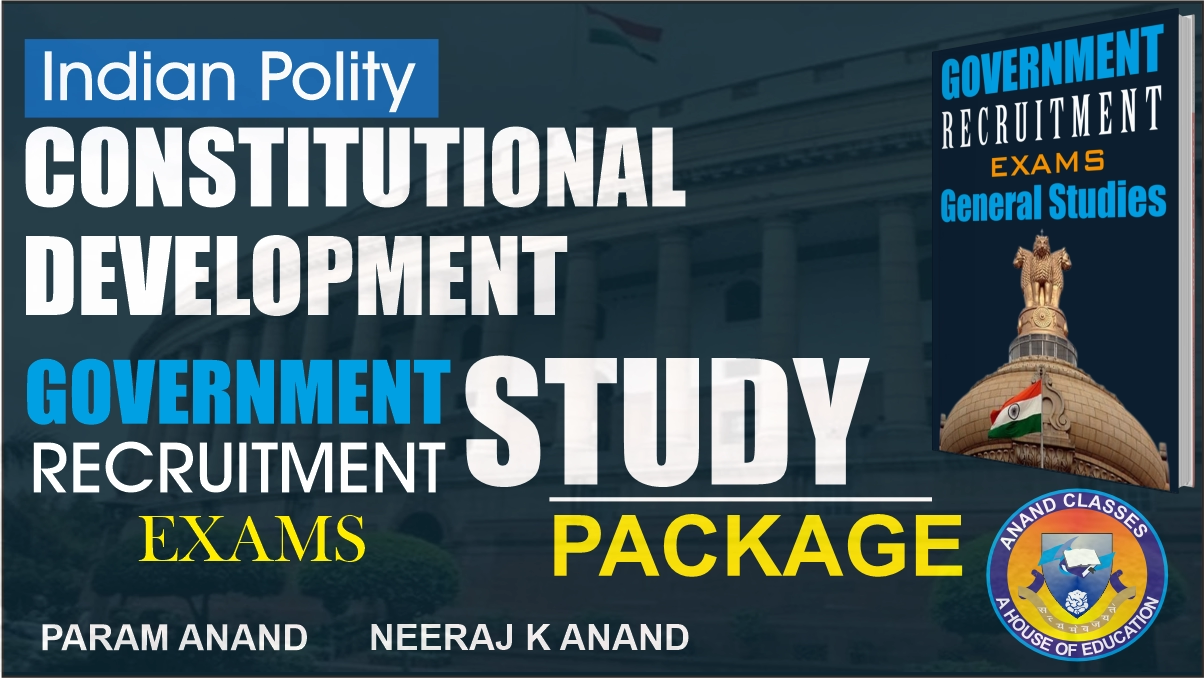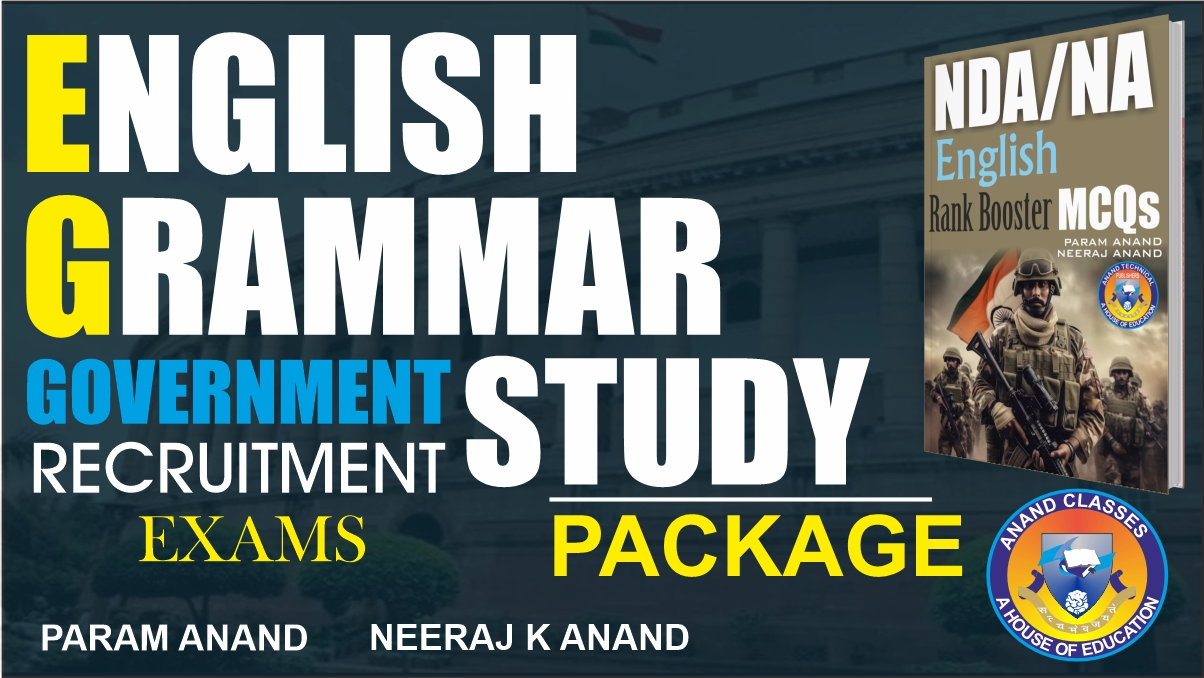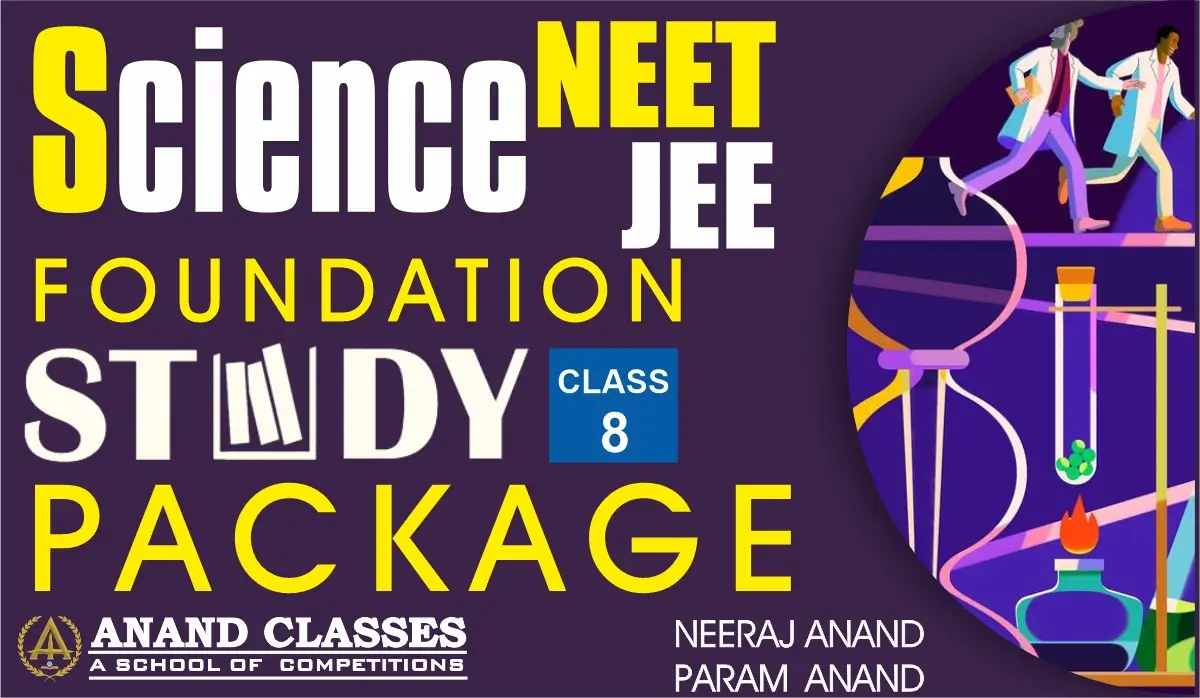NIRMAL ANAND Educations
Published by: Anand Technical Publishers
Under: Anand Classes
Author: Neeraj Anand
Contact: +919463138669
Email: anandclasses1996@gmail.com
Buy Complete Study Material: Visit Here
Sovereign, Socialist, Secular, Democratic, Republic Meanings
The word sovereign means that India is both internally as well as externally free and is not dependent upon any outside authority.
The term ‘socialist’ in the Preamble (inserted by the 42nd Amendment) refers to some form of ownership of means of production and distribution by the state. However, the Indian brand of socialism is quite different and holds faith in a mixed economy.
Secularism implies that the state is only concerned with relations between various citizens and is not concerned with relations of man with God. Further, it means that the state has no religion of its own.
The term Democratic implies that the government draws its authority from the people. The rulers are elected by the people and are accountable to them.
The word republic implies that the head of the state in India shall be an elected person and shall hold office for a fixed term. The President of India is the chief executive head of India.
The Constitution of India is preceded by a Preamble which
(i) indicates the source from which it derives authority; and
(ii) state the objective which the constitution seeks to achieve.
It has been amended by the 42nd Amendment Act 1976 which added 3 new words– Socialist, Secular & Integrity.
‘We, the people of India having solemnly resolved to constitute India into a sovereign, socialist, secular democratic republic and to secure to all its citizens:
JUSTICE social, economic and political;
LIBERTY of thought, expression, belief, faith and worship;
EQUALITY of status and of opportunity and to promote among them all ;
FRATERNITY assuring the dignity of the individual and the unity and integrity of the nation.
In our Constituent Assembly this twenty-sixth day of November, 1949 we do hereby adopt, enact and give to ourselves this Constitution.
Questions-Answers
📌 Related Posts:
Liberty, Equality & Fraternity| NDA,CDS,UPSC,AFCAT,RRB,IBPS-PO,SSC,KVS,CLAT Exams
|
Features of Indian Constitution|NDA, CDS, UPSC, AFCAT, RRB, IBPS-PO, SSC, KVS, CLAT Notes, MCQS, FAQs
|
Present Indefinite Tense के उपयोग (Uses) को हिंदी में समझें। | NDA, CDS, UPSC, AFCAT, RRB, IBPS-PO, SSC, KVS, CLAT Exams
|
Present Continuous Tense | हिंदी में सीखें | NDA, CDS, UPSC, AFCAT, RRB, IBPS-PO, SSC, KVS, CLAT, Sainik School, RMS, RIMC
|
Fundamental Rights (Part III)–Important Features | NDA,CDS,UPSC,AFCAT,RRB,IBPS-PO,SSC,KVS,CLAT Exams Notes
Q1: What does the term ‘Sovereign’ mean in the Indian Preamble?
A: The term ‘Sovereign’ means that India is both internally and externally free and is not dependent upon any outside authority.
Q2: What is the significance of the term ‘Socialist’ in the Indian Constitution?
A: The term ‘Socialist’ (inserted by the 42nd Amendment) refers to the state’s role in the ownership of means of production and distribution. However, Indian socialism follows a mixed economy model, where both public and private sectors coexist.
Q3: What does ‘Secular’ mean in the Indian context?
A: ‘Secularism’ implies that the state does not favor any particular religion and only governs relations between citizens. The state has no religion of its own.
Q4: How is the term ‘Democratic’ significant in the Indian Constitution?
A: Democracy in India means that the government derives its authority from the people. Leaders are elected and held accountable by the people through elections.
Q5: What does the term ‘Republic’ signify in the Indian Constitution?
A: The term ‘Republic’ means that the head of state (President) is elected and holds office for a fixed term rather than being a hereditary monarch.
Multiple Choice Questions (MCQs) with Answers
Q1: What does the word ‘Sovereign’ in the Preamble indicate?
A. India follows a monarchy system
B. India is dependent on external authorities
C. India is free from external control
D. India follows a capitalist economy
Correct Answer: C
Explanation: The word ‘Sovereign’ means that India is not subject to any foreign authority and has complete control over its internal and external affairs.
Q2: The term ‘Socialist’ was added to the Preamble by which amendment?
A. 44th Amendment
B. 42nd Amendment
C. 40th Amendment
D. 39th Amendment
Correct Answer: B
Explanation: The term ‘Socialist’ was introduced in the Preamble by the 42nd Amendment Act of 1976 to emphasize India’s commitment to economic and social justice.
Q3: Which of the following statements is true about Indian secularism?
A. The state has its official religion
B. The state promotes one religion over others
C. The state treats all religions equally
D. The government interferes in religious matters
Correct Answer: C
Explanation: Indian secularism ensures that the government does not favor any religion and maintains neutrality in religious matters.
Q4: In a democratic system, the government derives power from?
A. Military
B. Bureaucracy
C. People
D. Judiciary
Correct Answer: C
Explanation: Democracy ensures that the government is elected by the people and is accountable to them.
Q5: What does ‘Republic’ mean in the Indian context?
A. The President is elected
B. The President rules for a lifetime
C. The monarchy rules the country
D. India follows hereditary rule
Correct Answer: A
Explanation: In a Republic, the head of state (President) is elected for a fixed term and is not a hereditary ruler.
FAQs (Frequently Asked Questions)
Q1: Why is understanding the Preamble important for competitive exams?
A: The Preamble provides the guiding philosophy of the Constitution, making it crucial for exams like NDA, CDS, UPSC, AFCAT, RRB, IBPS-PO, SSC, KVS, and CLAT.
Q2: What is the difference between a Democratic and Republican government?
A: A democracy ensures government by the people through elections, while a republic guarantees that the head of the state is elected and not a monarch.
Q3: How is secularism in India different from Western secularism?
A: Unlike Western secularism, which strictly separates religion and state, Indian secularism allows for state intervention in religious matters to ensure equality and justice.
Q4: Where can I get complete study material for these exams?
A: You can buy complete study material at Anand Technical Publishers.
For more information, contact Neeraj Anand at +919463138669 or email anandclasses1996@gmail.com.




